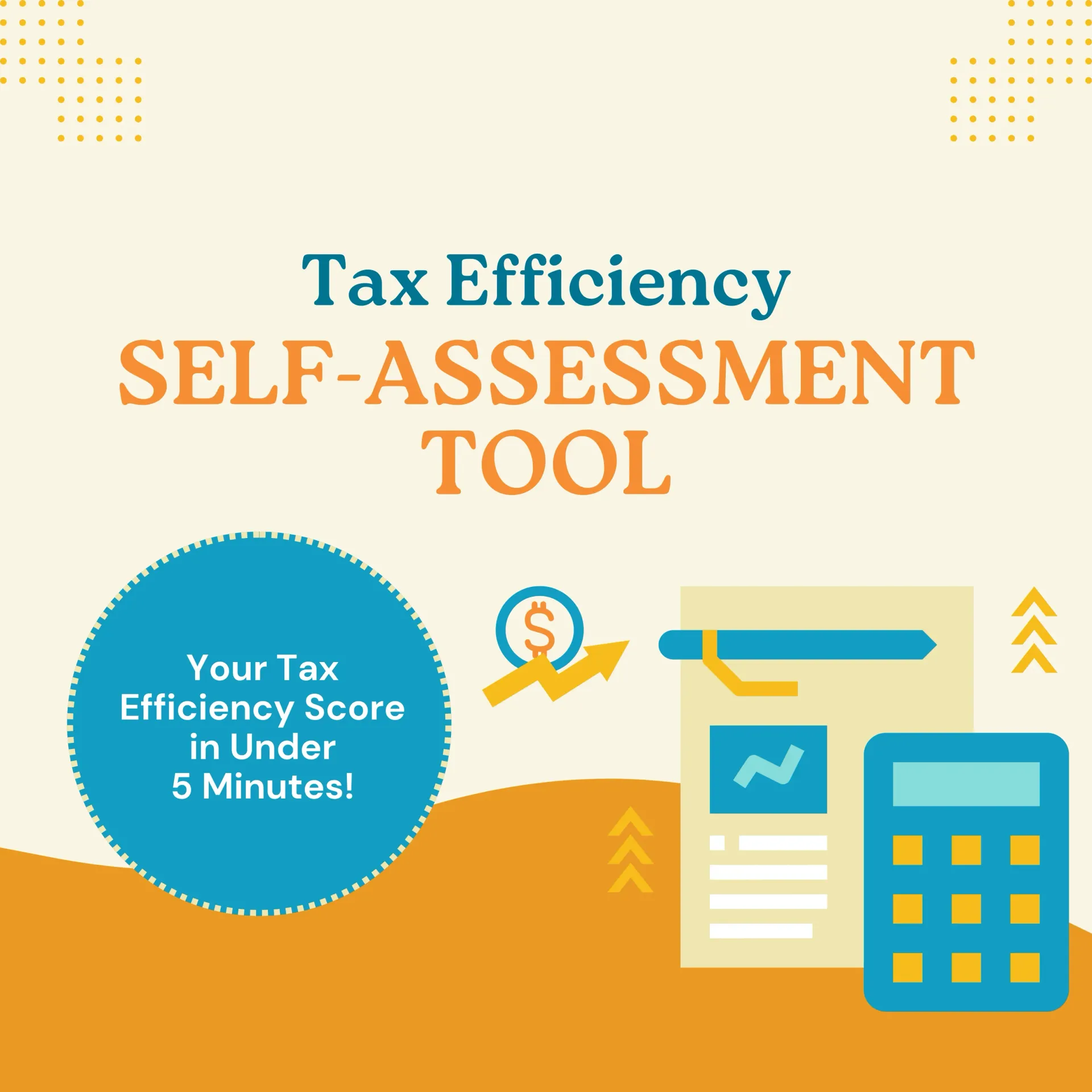1031 Exchanges Demystified: How to Defer Taxes on Property Sales

When it comes to real estate investing, understanding tax regulations can feel like navigating a maze. One of the most powerful tools available to savvy investors is the
1031 exchange, a tax-deferral strategy that allows you to sell an investment property and reinvest the proceeds into another property without immediately incurring capital gains taxes. In this blog, we'll explore the benefits of 1031 exchanges, eligibility requirements, and how real estate investors can leverage them to maximize their investments.
What is a 1031 Exchange?
A 1031 exchange, named after Section 1031 of the Internal Revenue Code, enables you to defer paying capital gains taxes when you sell an investment property and reinvest the proceeds into a "like-kind" property. Instead of cashing out and facing a hefty tax bill, you can keep your money working for you by rolling it into another investment property.
Key Benefit:
This strategy helps investors build wealth without the immediate tax burden typically associated with property sales.
Benefits of 1031 Exchanges
1. Tax Deferral
The primary benefit is deferring capital gains taxes.
- Typical Tax Liability: Capital gains taxes on property sales can range from 15% to 20% federally, plus state taxes.
- Example: Selling a property for $500,000 with a $100,000 tax bill. Through a 1031 exchange, you defer those taxes, keeping the full $500,000 for reinvestment.
2. Increased Buying Power
By deferring taxes, you can reinvest the full proceeds, significantly increasing your buying power.
- Scenario:
- Without a 1031 exchange: $400,000 available after taxes.
- With a 1031 exchange: $500,000 available for reinvestment.
This additional capital can open doors to larger or more lucrative investment opportunities.
3. Portfolio Diversification
1031 exchanges allow investors to swap properties for those in different locations or categories.
- Example: Exchanging an apartment building for a commercial property or farmland.
- This flexibility enables investors to adjust their portfolios based on market conditions or personal goals.
4. Resetting Depreciation
Acquiring a new property through a 1031 exchange resets your depreciation schedule.
- Tax Advantage: You can begin depreciating the new property from its current market value, increasing tax deductions in the future.
Eligibility Requirements
To qualify for a 1031 exchange, you must meet specific criteria:
1. Like-Kind Property
Both properties must be "like-kind," meaning they are held for business or investment purposes.
2. Investment Purpose
Properties must be used for productive trade, business, or investment—not personal residences.
3. Time Limits
Strict timelines apply:
- 45 Days: Identify potential replacement properties within 45 days of selling the original property.
- 180 Days: Complete the purchase of the replacement property within 180 days of the sale.
4. Qualified Intermediary
Funds from the sale must be held by a qualified intermediary to ensure compliance with IRS regulations.
Real-Life Example
Investor Case Study:
Kim owns an apartment building worth $2 million, purchased seven years ago for $1 million.
- Goal: Acquire a $2.5 million condominium complex in a high-demand area.
- Using a 1031 Exchange:
- Kim sells the apartment building for $2 million.
- She defers $500,000 in capital gains taxes by reinvesting the proceeds.
- She uses the full $2 million (and additional financing) to purchase the new property.
This move allows Kim to expand her portfolio without an immediate tax burden, leveraging her capital more effectively.
Conclusion
A 1031 exchange is more than just a tax-deferral tool—it’s a strategic opportunity for real estate investors to grow their wealth while managing tax liabilities. By understanding its benefits and adhering to eligibility requirements, you can unlock new opportunities in real estate while keeping more money in your pocket.
For investors ready to explore the potential of 1031 exchanges,
Straight Talk CPAs offers expert guidance to help you navigate this process and optimize your financial future.
Discover Your Tax Savings Score in Minutes!


Salim is a straight-talking CPA with 30+ years of entrepreneurial and accounting experience. His professional background includes experience as a former Chief Financial Officer and, for the last twenty-five years, as a serial 7-Figure entrepreneur.




